With huge potential and market growth in artificial intelligence application and development in China, both job seekers and employers alike should be ready to ride the tide, said a senior executive of US payroll and human capital management company ADP.
Jessica Zhang, senior vice-president of ADP Asia-Pacific, said during the just-concluded 2024 Summer Davos in Dalian, Liaoning province: "The potential and growth of AI adoption in China are enormous. China takes a leading role in AI development in the world."
Global market research firm International Data Corp projects AI spending in the APAC region to reach $49.2 billion by 2026, with a compound annual growth rate of 24.5 percent from 2021 to 2026. China leads the APAC in AI spending, accounting for 58 percent of total AI expenditure in the region, and is expected to spend around $26.4 billion by 2026.
"The significant investment reflects China's solid determination to include AI into its economic framework," Zhang said.
The senior executive said AI-driven products are transforming how work is done, improving efficiency now and in the future.
"These tools enable HR practitioners, managers and employees to make informed decisions efficiently and confidently."
According to a recent survey conducted by ADP Research Institute among nearly 35,000 private-sector workers in 18 countries, 85 percent believe AI will impact their jobs in the next two to three years.
The 2024 talent report, issued by Shanghai-based recruitment agency Hudson, showed that at the beginning of this year, the number of AI-related jobs in China surged 28 percent year-on-year, with sectors including finance, healthcare and manufacturing experiencing clear changes.
David Yu, CEO of Hudson Greater China, said: "ChatGPT has attracted tremendous attention. It is altering the development trajectory of AI technology and applications, accelerating the human-machine interaction process and becoming a milestone in the history of AI development. The year may become a breakthrough year for AI. The future focus is expected to shift from 'catching up with trends' to 'landing capabilities', and the popularization of AI will accelerate."
While some see it as a benefit, others worry about job displacement. Remote workers and younger generations are particularly divided on whether AI will help or replace their job functions, said the ADP report.
Wang Peng, an associate research fellow at the Beijing Academy of Social Sciences, said that with AI, some traditional occupations may be replaced by machines. For example, some simple data entry and customer service tasks have already been replaced by automation.
Meanwhile, new jobs — including data scientists, machine learning engineers and other professions which require strong technical background and innovative abilities — are emerging, he said.
The development of AI is also changing the way people work, making telecommuting and flexible work more common, and offering more choices for workers, said Zhan Junhao, founder of Fujian Huace Brand Positioning Consulting.
The World Economic Forum's Future of Jobs Report expects that by 2025, while 85 million jobs may be displaced by automation, an impressive 97 million new roles are projected to emerge, reflecting a shift in the division of labor between humans, machines and algorithms.
This paradigm shift emphasizes the need for significant workforce evolution rather than a reduction in the workforce, experts said.
When asked about future development trends, Zhang said: "According to our global survey, we are witnessing significant generational changes. Over the next five to 10 years, more members of Generation Z will enter the workforce, bringing substantial changes. To support these workers, companies must provide ongoing training, skill development and flexible work roles to keep pace with technological changes. This approach will help both employees and employers fully benefit from future AI advancements."












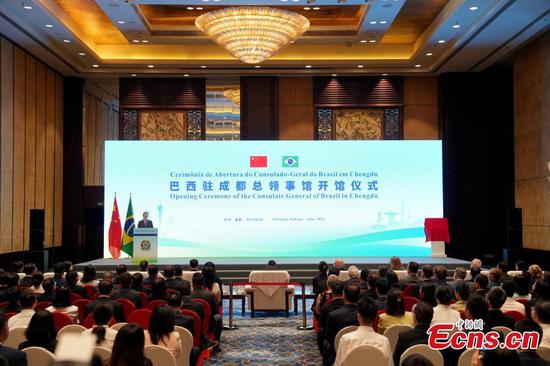
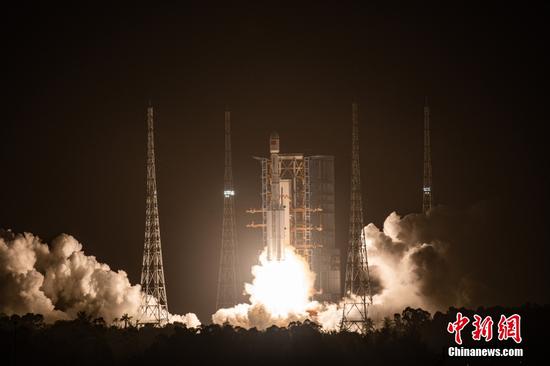

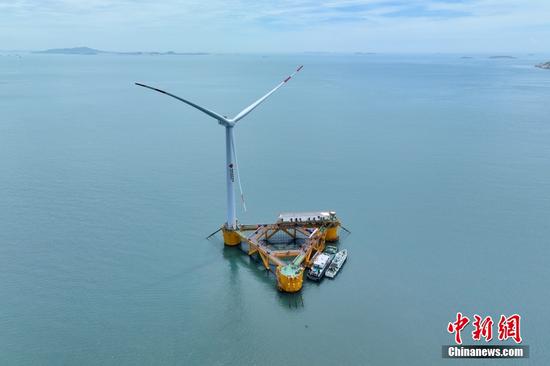
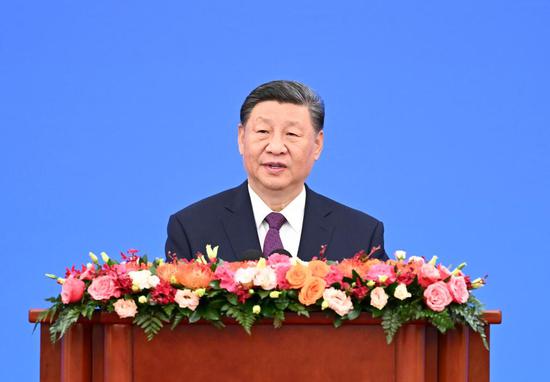
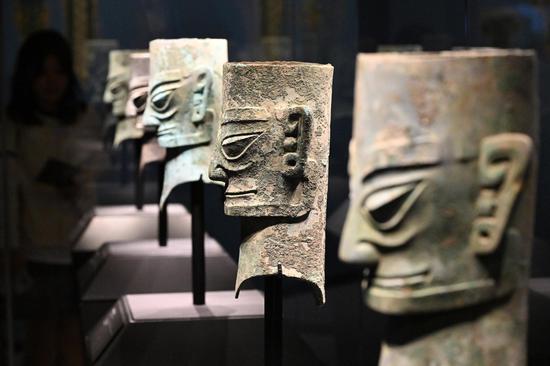








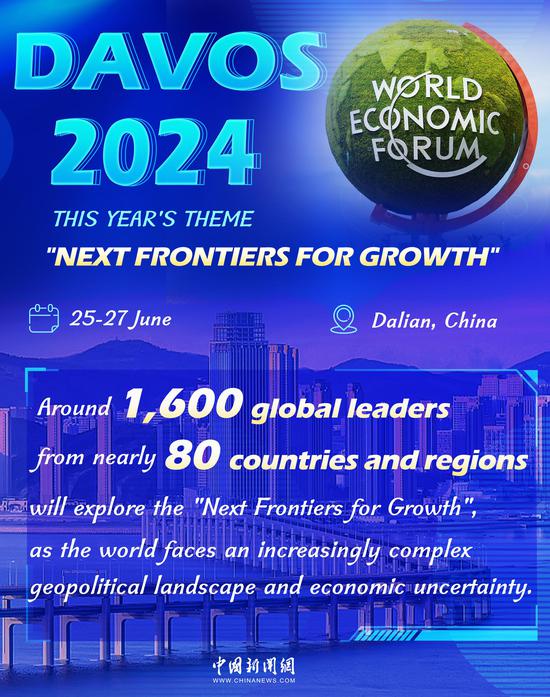


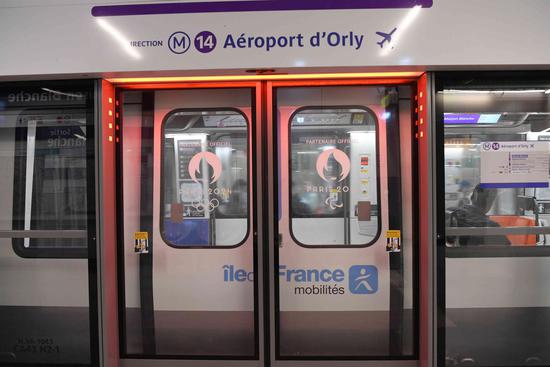
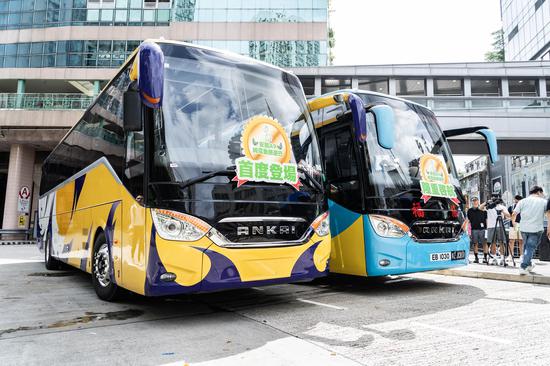



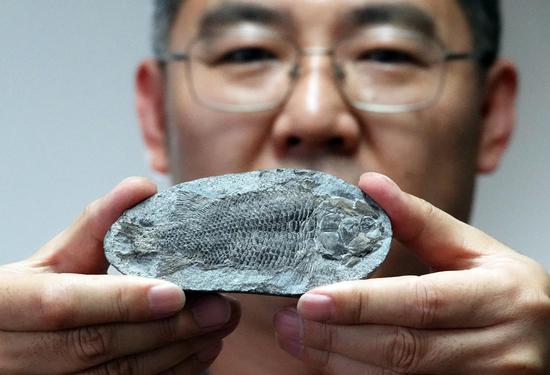
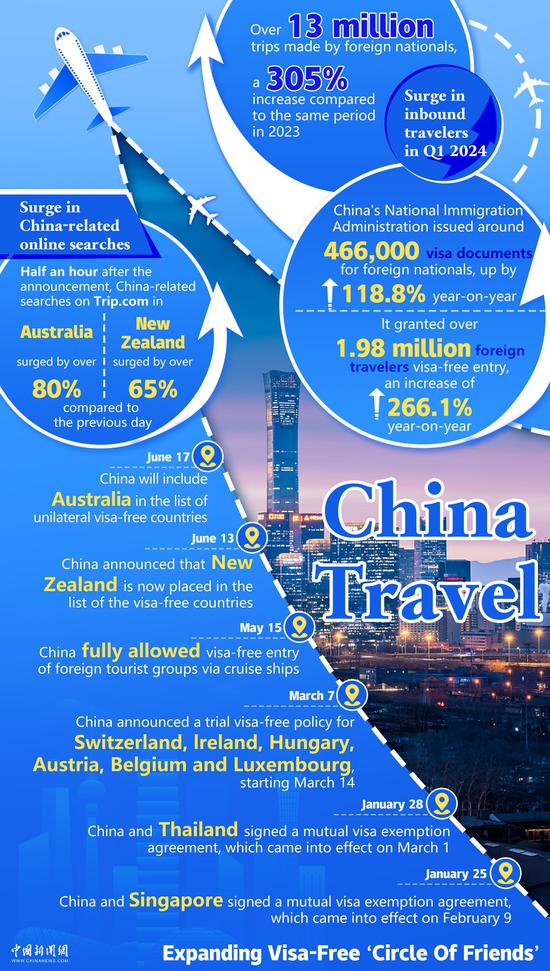






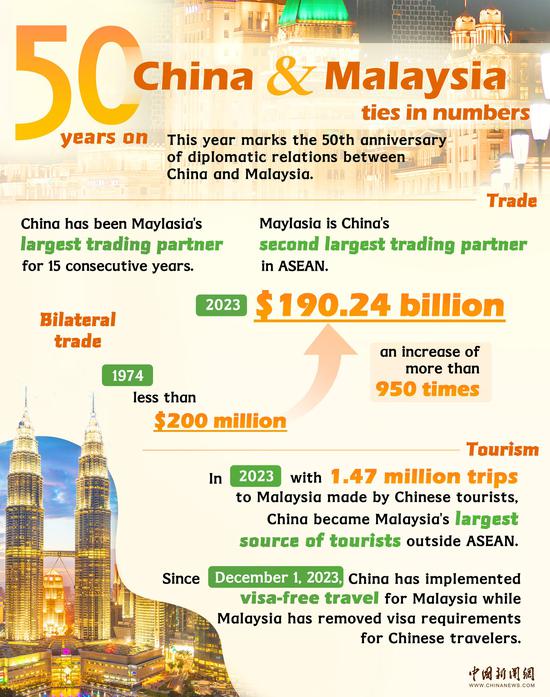







 京公网安备 11010202009201号
京公网安备 11010202009201号